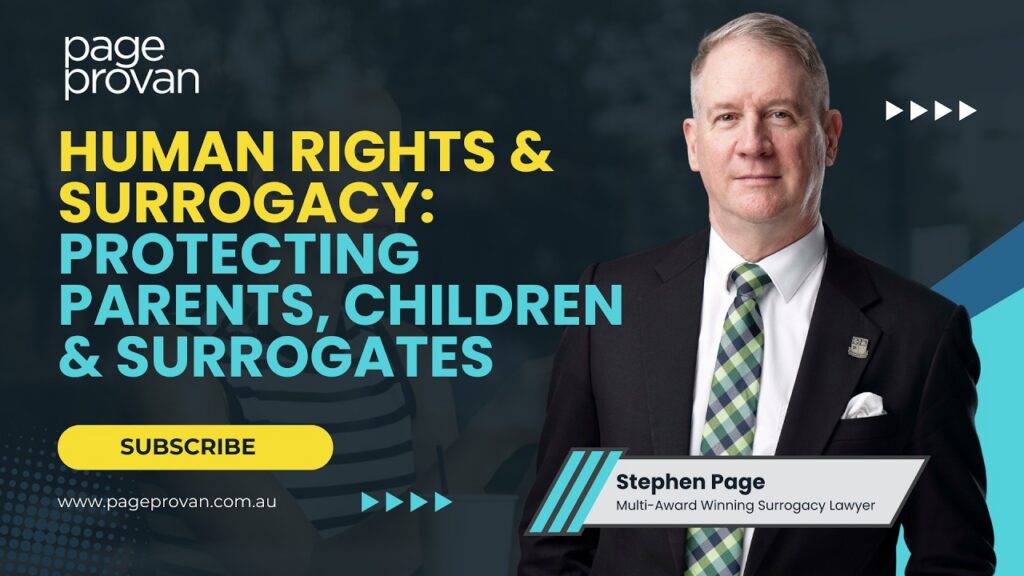Migration changes to recognise registered same sex relationships
By Mark Webster, Acacia Immigration Australia
Australian Migration Regulations will be changed from 9 November to partially recognise same-sex relationships which have been registered in an Australian state or territory.
Currently, applicants for permanent visas, partner visas, student visas and general skilled migration must show 12 months of cohabitation before they can include a same-sex or interdependent partner. Applicants also in general need to show that they have lived together for 12 months to be sponsored by an Australian same-sex partner for an interdependency visa.
However, from 9 November, people who have registered their relationship with an Australian state or territory will be exempt from the 12 month cohabitation requirement. Whilst Australia does not recognise same-sex marriage, certain states and territories do allow such couples to register their relationships – states where this is possible include Victoria, Tasmania and the ACT.
Couples will still need to show that they are living together, but will not need to show 12 months of cohabitation as is currently the case. State legislation would not in general specify the sex of the people in the relationship, and so there would be the possibility of heterosexual couples who register their relationship instead of getting married taking advantage of the new changes.
Whilst this is a positive development, it is somewhat disappointing that only relationships registered in Australia are eligible for the concession. Marriages or registrations which have taken place in overseas countries which recognised same-sex relationships are still not recognised in Australia.
It has been possible since July 2009 to include same-sex partners in most applications for Australian visas providing the applicants can show that they have been living together for the required amount of time. In this case, they are treated as a de facto couple. For permanent visas, you must in most cases show that you have lived together for 12 months, but for temporary visas, 6 months is generally sufficient (except in the case of student visas or provisional skilled visas).












